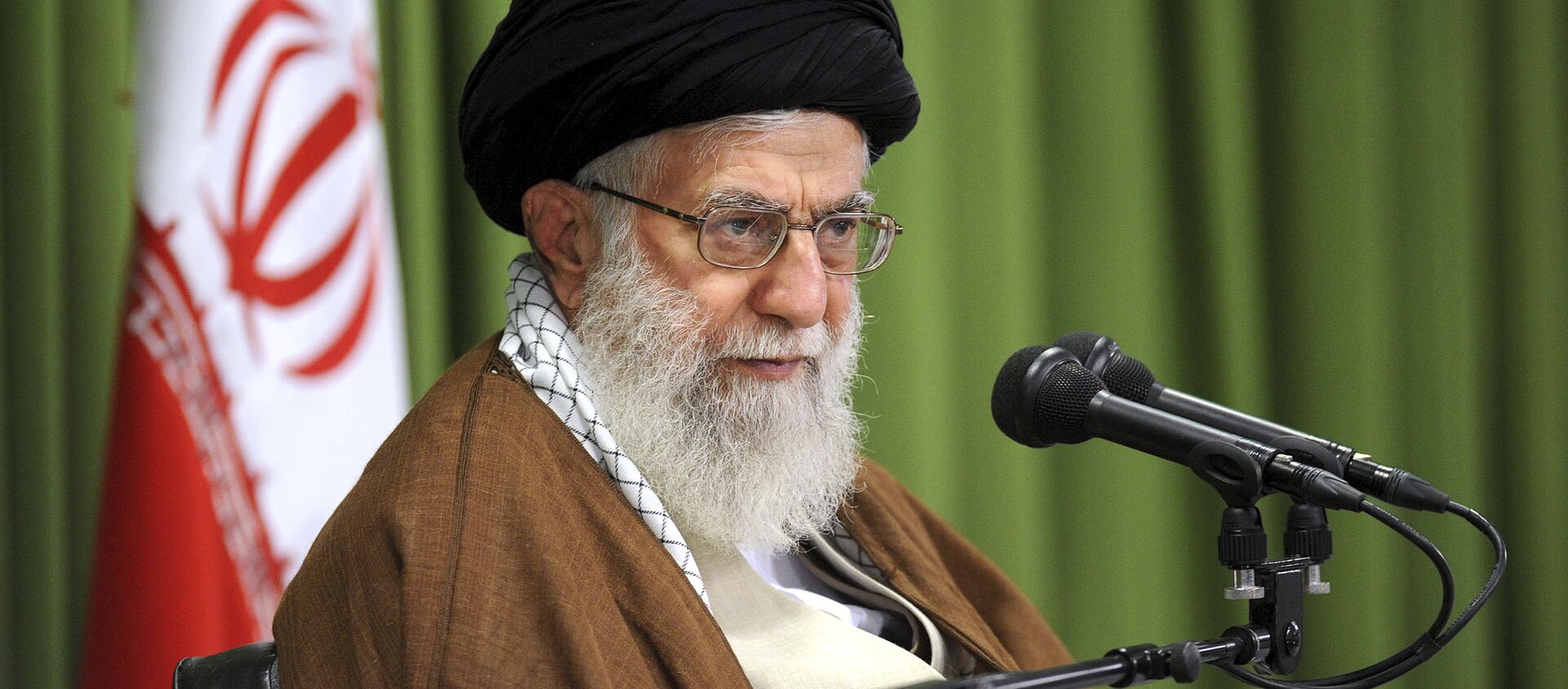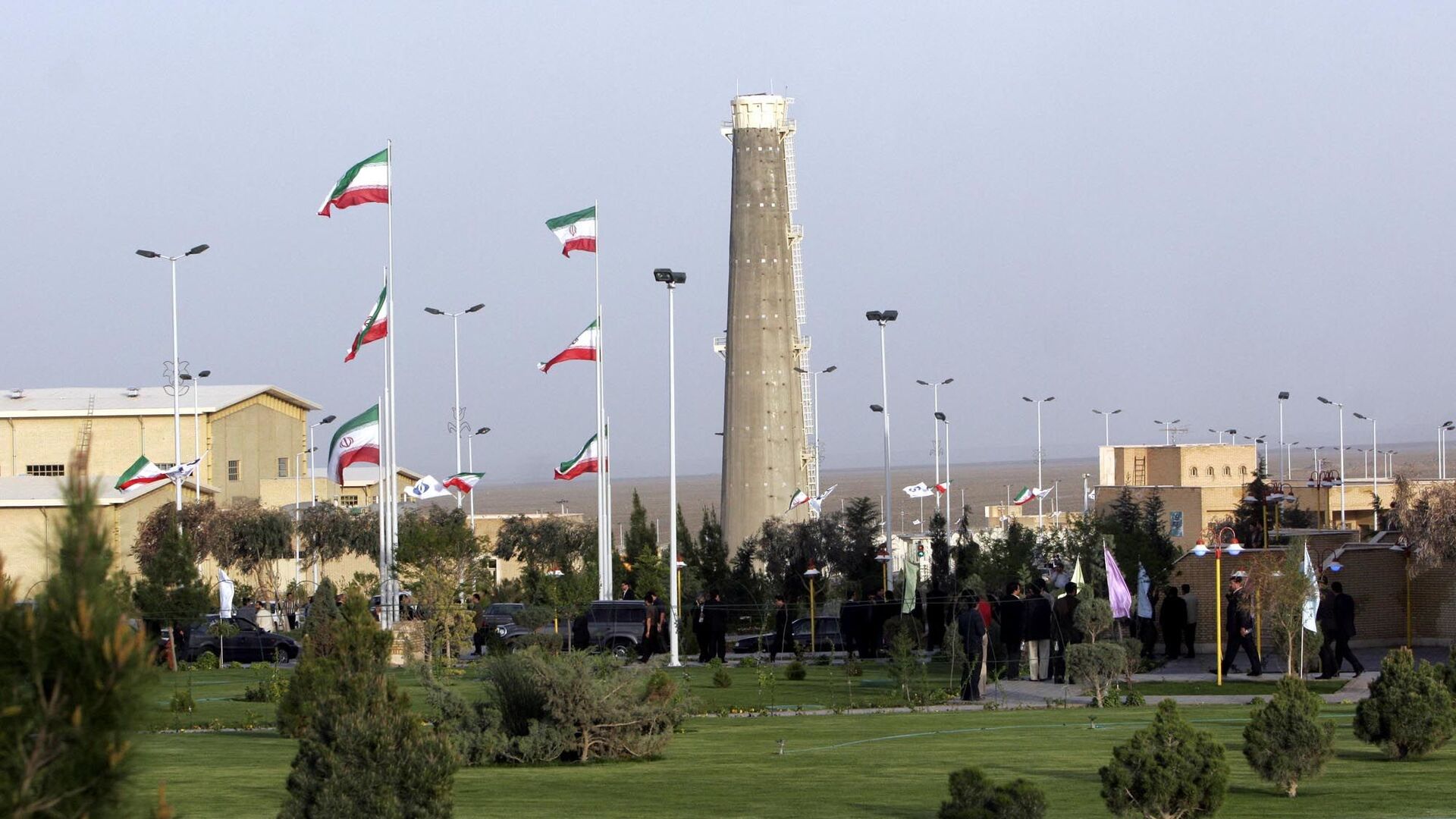The United States will comply with the JCPOA if Iran does, White House Spokeswoman Jen Psaki has said.
"If Iran comes into full compliance with its obligations under the JCPOA, the United States would do the same, and then use that as a platform to build a larger and stronger agreement that also addresses other areas of concern," the spokeswoman said in a briefing in Washington, DC on Monday.
Psaki also sought to clarify President Biden's remarks Sunday that the US would not lift its crushing sanctions against Tehran unless Iran stops its uranium enrichment activities first.
"I think if we were announcing a major policy change, we would do it in a different way than a slight head nod, but overall his position remains exactly what it has been," the spokeswoman said.
In his Sunday interview with CBS Face the Nation, Biden nodded in the affirmative after being asked whether Iran would have to "stop enriching uranium first" before the US would consider a return to the nuclear deal. A spokesperson for the president immediately clarified that he meant to say "enrichment activities beyond limits outlined by the JCPOA."
NEW: In an interview with @CBSEveningNews, @POTUS tells @NorahODonnell the US will not lift sanctions against Iran unless the country stops enriching uranium:
— Face The Nation (@FaceTheNation) February 7, 2021
"Will the U.S. lift sanctions first in order to get Iran back to the negotiating table?”
“No,” Biden says pic.twitter.com/IXegtuw2y1
In her remarks on Monday, Psaki said that the "stronger agreement" the US is looking for would be negotiated "with our P5+1 partners as it was done when we were putting together the JCPOA in the first place," P5+1 being the reference to the five permanent members of the United Nations Security Council, plus Germany, which negotiated together with Iran to reach the nuclear deal in 2015.
Pressed on the argument put forth by Iranian leaders that it is up to Washington to reengage with Iran because the US was the party that abandoned the JCPOA in the first place, the spokeswoman said the administration's position was clear.
"Those were actions of the former administration, as you know. And President Biden of course was part of an administration that were advocating for the plan to be put together to begin with. I think his position, and the position of our national security team, and the position that he's been in discussion with our partners about, or I should say conveying to our partners, is that it's really up to Iran to come back into full compliance with its obligations under the JCPOA and at that point we could move the discussion forward," Psaki said.
On Sunday, Iranian Supreme Leader Ali Khamenei tweeted that the US "must lift all sanctions" if it wants Iran to return to full compliance with the JCPOA.

The Trump administration unilaterally pulled out of the JCPOA in 2018, and slapped Iran's banking and energy sectors with crushing sanctions, while threatening to implement secondary sanctions against countries and companies that continued to do business with the Islamic Republic. Iran responded in 2019 by reducing some of its commitments under the nuclear deal, increasing uranium enrichment beyond the 3.67 percent level outlined in the JCPOA, and increasing stockpiles of the nuclear fuel. Last month, Iran reported that its uranium enrichment levels at the Fordow nuclear facility had reached 20 percent.
The country's enrichment levels remain well below weapons-grade (i.e. uranium that has been enriched to 90 percent or more). Iran also maintains that it has no intention of pursuing a nuclear weapon, or weapons of mass destruction of any kind.
Last week, US Secretary of State Antony Blinken raised eyebrows by echoing long-standing Republican and Israeli claims that Iran may be just "weeks" from accumulating enough fissile material to build a nuclear bomb. Israeli officials, who played a prominent role in lobbying the Trump administration to pull out of the JCPOA, have been making similar allegations for most of the last decade.




